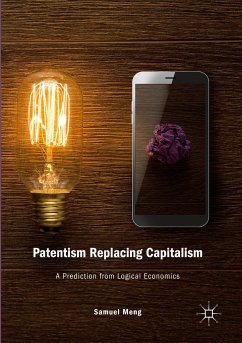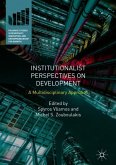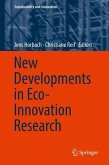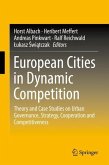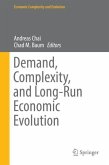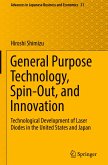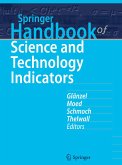Based on economic knowledge and logical reasoning, this book proposes a solution to economic recessions and offers a route for societal change to end capitalism. The author starts with a brief review of the history of economics, and then questions and rejects the trend of recent decades that has seen econometrics replace economic theory. By reviewing the different schools of economic thought and by examining the limitations of existing theories to business cycles and economic growth, the author forms a new theory to explain cyclic economic growth. According to this theory, economic recessions result from innovation scarcity, which in turn results from the flawed design of the patent system. The author suggests a new design for the patent system and envisions that the new design would bring about large economic and societal changes. Under this new patent system, the synergy of the patent and capital markets would ensure that economic recessions could be avoided and that the economy would grow at the highest speed.
Bitte wählen Sie Ihr Anliegen aus.
Rechnungen
Retourenschein anfordern
Bestellstatus
Storno

